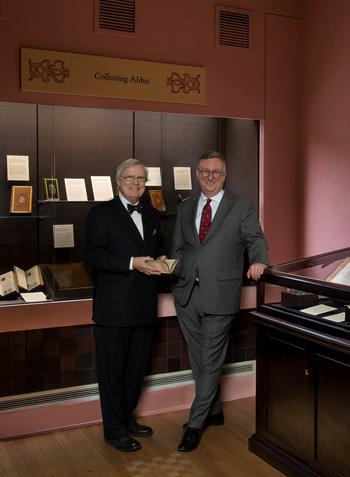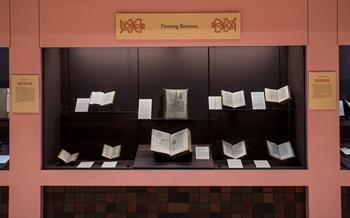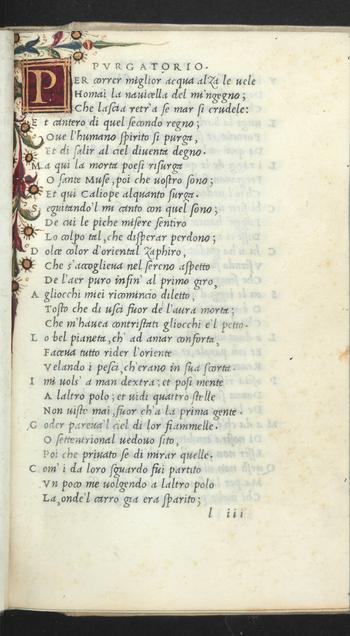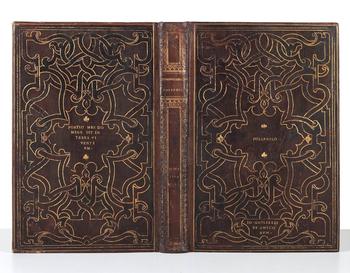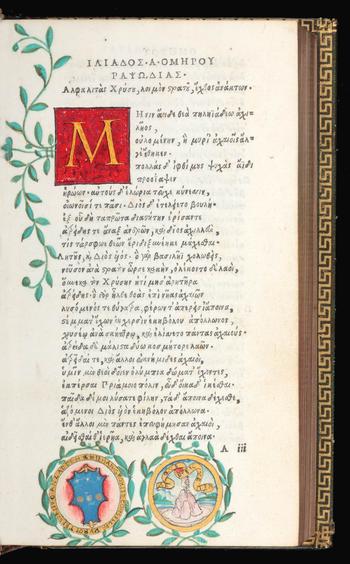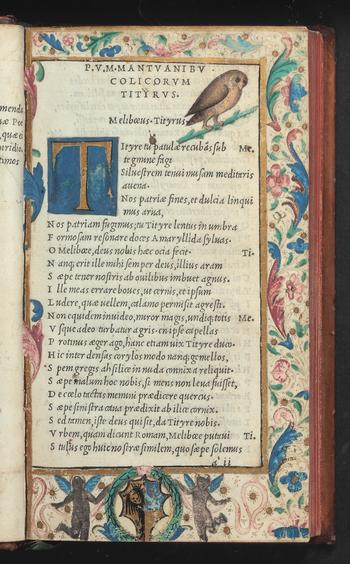 The Takeaway
The Takeaway
Published by
The Takeaway
The Steve Jobs of the Renaissance: Meet The Man Who Set Books Free
This spring marks 500 years since the death of Aldus Manutius, a printer whose small, cleanly-designed editions of the classics paved the way for the modern paperback. Manutius's legacy is marked in a new exhibit at Grolier Club in Manhattan called “Aldus Manutius: A Legacy More Lasting Than Bronze.”
Before Manutius, classic literature only existed in large, unwieldy and extremely expensive tomes. But the thin volumes Manutius printed changed that, and soon inspired imitators.
Takeaway producer and book critic Mythili Rao investigates Manutius's legacy.
